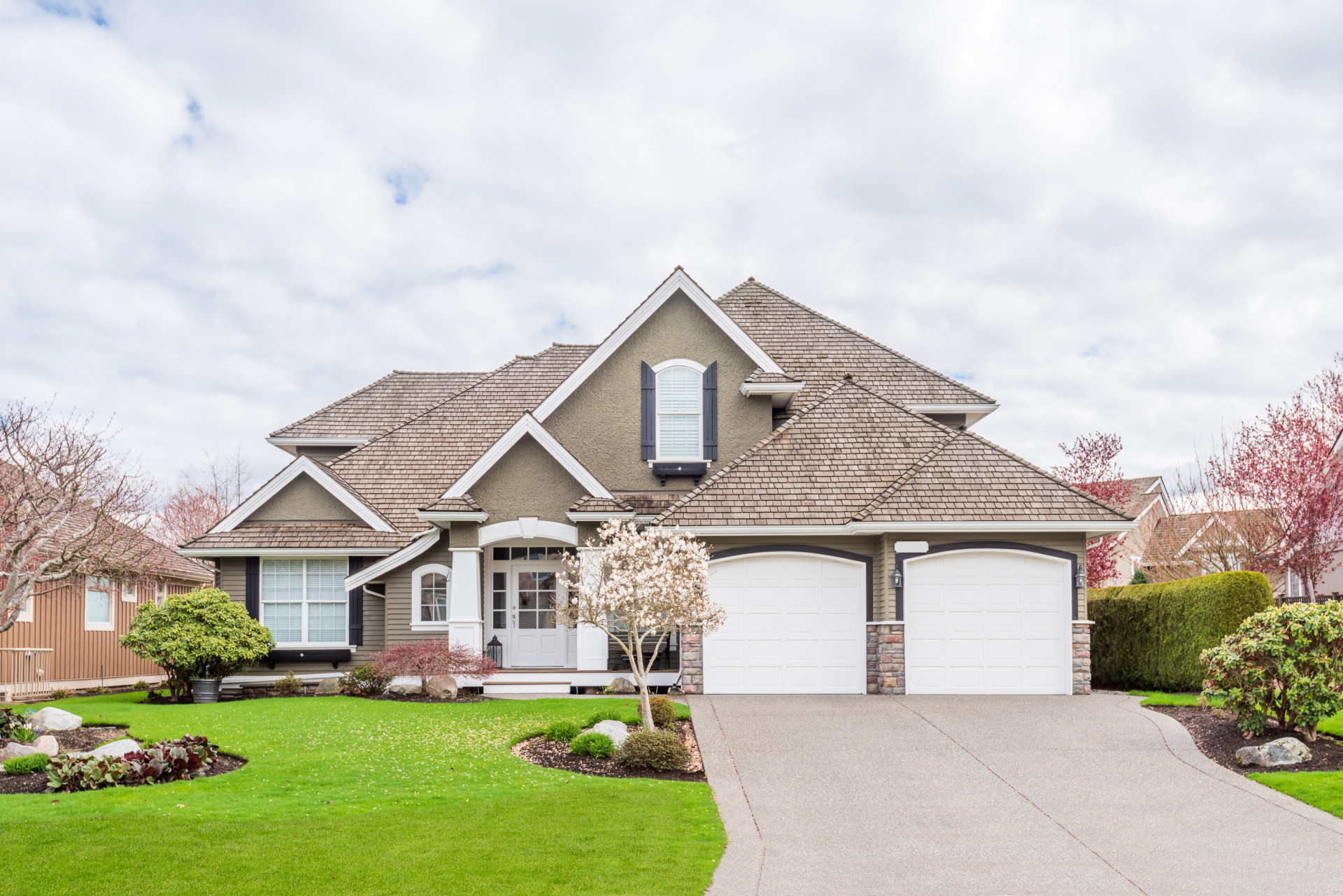
First-time home buyer costs can seem overwhelming. Luckily, there are several loan programs and grants that can assist with your down payment and closing costs, including charitable and government-sponsored programs. Local and federal tax credits can lessen the bite, and educational programs can offer help at every step.
First-time home buyers have access to many grants, loans and financial help that can make buying a home easier. First-time buying assistance can include help with down payments and closing costs, tax credits or education. You might be able to get help from your local, state or federal government if you meet certain income standards.
Charities, nonprofits and employer programs are also available to eligible buyers. These programs vary by state, but you can easily find programs you qualify for through HUD’s website.
Contact us to learn more about first time home buyer loans and how we can assist you.
Even if you don’t qualify for DPA or other special assistance, you can still take action to secure an affordable mortgage with favorable terms.
A government loan, or a mortgage loan backed by the federal government, can also help qualified first-time home buyers purchase a house with no down payment.
A down payment is a large initial expense that’s a percentage of the home’s purchase price. A down payment is required for most types of mortgage loans. Fortunately, many participating lenders accept down payment assistance (DPA), which can help you cover the upfront costs of a down payment.
Down payment assistance programs are typically grants or low to no-interest loans, and many are exclusive to first-time home buyers. The specific assistance programs you qualify for can impact how you can use your funds and whether you’ll need to pay them back.
Not sure you can cover a down payment on your own? You may also be eligible for down payment assistance programs through a few specific types of loans to reduce the amount you have to put down.
A few options include second mortgages, deferred payment loans and forgiven loans. Loans structured as a second mortgage must be paid off at the same time as your main mortgage. Deferred payment loans don’t require monthly payments, and instead must be paid in full when you move, sell, refinance or pay off your main mortgage.
Loans can also be forgiven over a set number of years. However, the loan will need to be repaid when you move, sell, refinance or pay off your primary mortgage if you move before that set number of years expires. Otherwise, you’ll violate the terms of the loan forgiveness.
You may be able to get DPA through grants, which don’t have to be repaid. Program eligibility requirements for loans and grants may vary, so it’s best to check with your local or state government for details on any first-time buyer down payment assistance programs.
Like down payment assistance, there are government-sponsored and private programs that can help you pay closing costs. Closing costs are additional fees you pay at the end of the mortgage process. Closing costs are typically around 3% – 6% of the total loan amount. Like down payment assistance, closing cost assistance can come through a grant or loan..
You can also look to your seller for help with closing costs through seller concessions. The seller may be able to help with attorney fees, real estate tax services and title insurance. They can also help pay for mortgage points upfront to lower your interest rate and contribute to property taxes.
These materials are not from HUD or FHA and were not approved by HUD or a government agency and in some cases a refinance loan might result in higher finance charges over the life of the loan.
Don't miss out on the opportunity to secure a First Time Home Buyer loan for your dream home. Contact us today and let us help you make your homeownership dreams a reality.